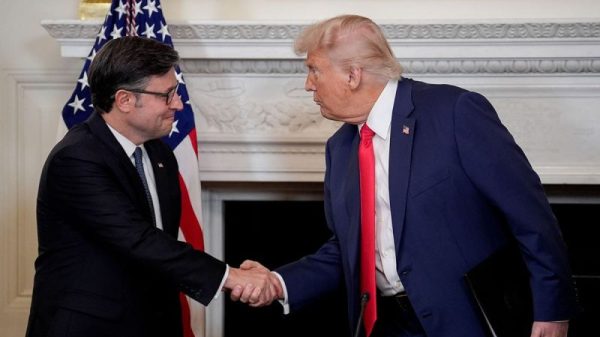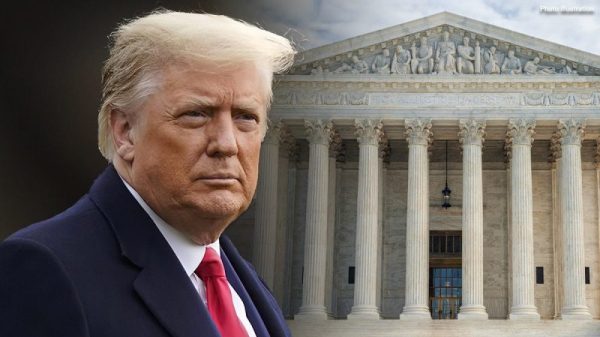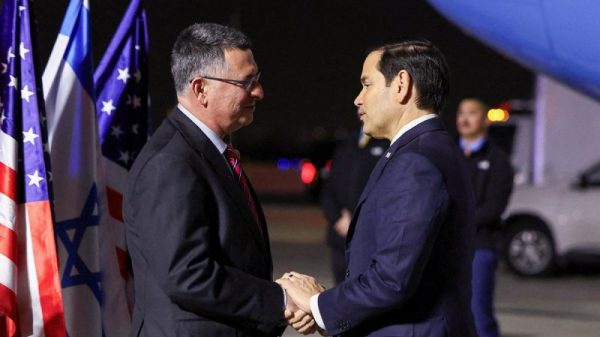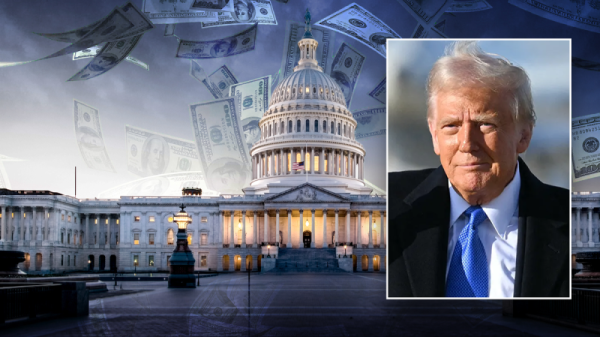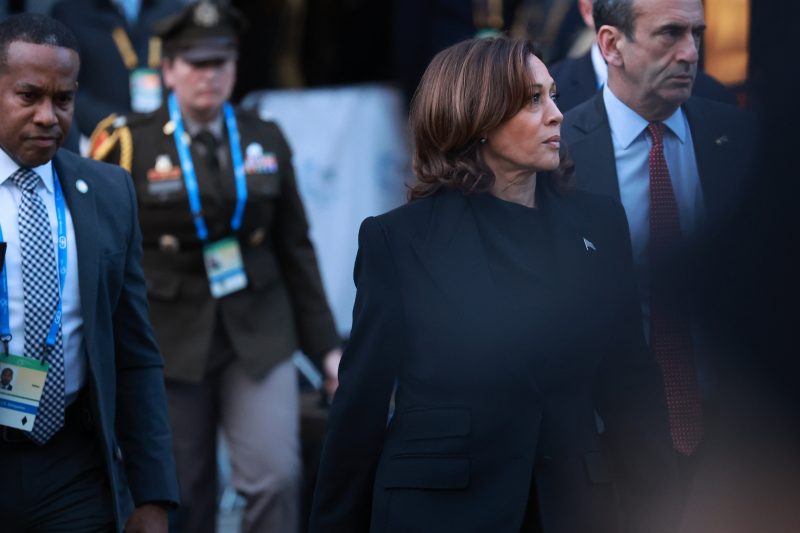Rising from Biden’s Shadow: Harris Faces Crucial Test on Foreign Policy
In recent months, Vice President Kamala Harris has increasingly found herself in the spotlight as she takes on a more prominent role in shaping the Biden administration’s foreign policy agenda. As the first female vice president and the highest-ranking woman in U.S. history, Harris faces a crucial test in asserting her influence on the global stage and establishing her own foreign policy credentials.
Harris has a diverse background that could serve her well in navigating the complex and ever-changing landscape of international relations. As a former prosecutor, senator, and now vice president, she brings a unique perspective to the table and has already begun to make her mark on key foreign policy issues.
One major area where Harris is expected to play a leading role is in the administration’s efforts to address the growing challenges posed by China. With Beijing’s increasing assertiveness in the Asia-Pacific region and its expanding influence on the global stage, the U.S. faces a number of strategic and economic challenges that require careful navigation.
Harris has already begun to lay the groundwork for a more assertive approach towards China, emphasizing the need for the U.S. to ensure a level playing field and protect its interests in the face of growing competition. She has also underscored the importance of working with allies and partners to build a united front against Chinese aggression and to uphold democratic values and human rights.
At the same time, Harris faces a number of other pressing foreign policy challenges that will test her diplomatic skills and leadership abilities. From managing the U.S.’s relationship with Russia and navigating the ongoing conflicts in the Middle East to addressing global health crises and climate change, Harris will need to demonstrate a deep understanding of international affairs and an ability to forge effective partnerships with foreign leaders.
One key aspect of Harris’s approach to foreign policy is her emphasis on diplomacy and multilateralism. Unlike the previous administration, which often pursued a go-it-alone approach, Harris has signaled a commitment to working closely with traditional allies and engaging in international institutions to address common challenges.
In her recent trips to Latin America and Southeast Asia, Harris has sought to strengthen partnerships with key regional players and promote U.S. leadership on issues such as immigration, economic development, and security cooperation. By demonstrating a willingness to listen and engage with countries in the region, Harris aims to build trust and reinforce the U.S.’s commitment to being a reliable partner in the global community.
However, Harris’s foreign policy agenda is not without its critics, who have raised concerns about her lack of experience in international affairs and questioned her ability to effectively navigate the complexities of the global stage. Some have also pointed to potential areas of divergence between Harris and President Biden on certain foreign policy issues, such as trade policy and military interventions.
Nevertheless, as Harris continues to carve out her own path on foreign policy, she has the opportunity to define her legacy as a trailblazing leader who reshapes America’s role in the world. By demonstrating a sophisticated understanding of global dynamics, a commitment to democratic values, and a willingness to engage with allies and adversaries alike, Harris can help steer the U.S. towards a more secure and prosperous future on the international stage.






















